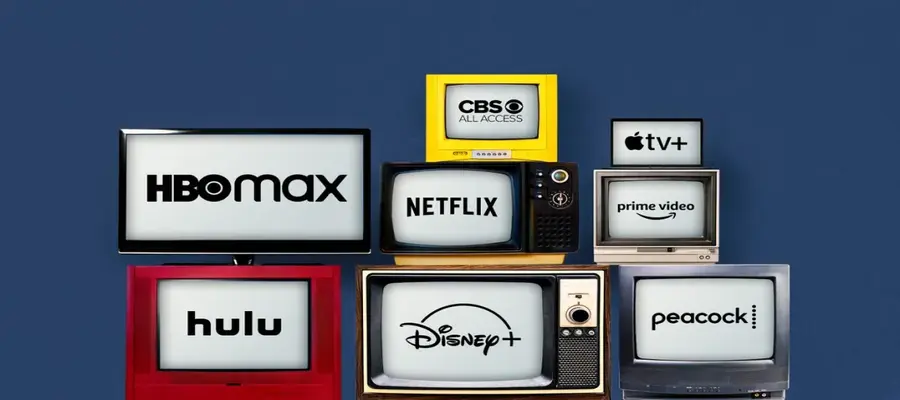A major user protection rule that would have forced streaming platforms to simplify cancellation processes has been struck down by a US federal appeals court, leaving the streaming platforms under no obligation to make the cancellation procedure user-friendly.
The ‘click to cancel’ rule, proposed by the Federal Trade Commission (FTC), was designed to streamline the cancellation process for consumers. This regulation was scheduled to take effect on July 14 and aimed to enhance consumer protection by making it easier for individuals to cancel subscriptions or services online. It would have required major streaming companies like Netflix, Prime Video, and HBO Max to make the cancellation process as straightforward as signing up.
Another objective of the rule was to increase transparency by ensuring clear consent before converting free trials into paid plans and mandating platforms to disclose when promotional pricing would end. The Biden administration has been working to make it easier for people to access and use online services. This effort was all about reducing the hassle for consumers and improving their overall experience with digital services.
Why did the US court nullify this effort?
A US federal appeals court decisively ruled that the Federal Trade Commission (FTC) failed to conduct the essential economic impact analysis before enforcing its regulation. Consequently, the court has indefinitely suspended this rule, which effectively frees streaming companies from the obligation to provide user-friendly cancellation methods.
Impact on Streaming Subscribers: Cancellation might get frustrating again
Although most streaming services currently allow users to cancel subscriptions with just a few clicks, experts caution that this convenience may not last. Without regulatory pressure, companies could begin adding extra steps, hiding the cancellation option deep within account menus, or even requiring users to call customer service to unsubscribe.
This isn't just a hypothetical concern. In 2023, an investigation revealed that cancelling Amazon Prime Video involved navigating through four separate pages, making six clicks, and responding to 15 different prompts.
The FTC later filed a lawsuit against Amazon over these practices, and that legal case is still ongoing. Now that the FTC’s ‘click to cancel’ rule has been blocked, platforms are no longer legally obligated to keep the cancellation process straightforward. As a result, users may once again face confusing or drawn-out procedures just to opt out of a service they no longer need.
How could it impact Indian subscribers?
Though the ruling applies only to the US, global streaming platforms often follow uniform policies. If complex cancellation flows become the standard, Indian users may soon face similar hurdles. In a price-sensitive market where many switch plans based on content, this could lead to unnecessary spending. With average streaming costs rising, difficult opt-outs may quietly drain wallets. Consumer protection in India remains weak in digital services, leaving users more vulnerable. Experts urge subscribers to regularly review their plans, check billing cycles, and speak out if platforms make cancellations confusing or deliberately complicated.
